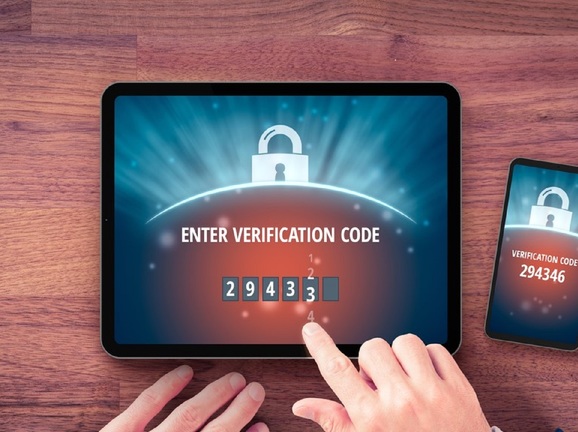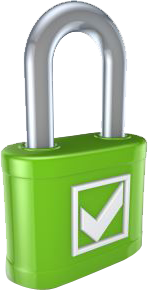Posted on: 26th May 2023

Step up your online security to help keep scammers at bay
Online fraud is on the rise – with startling figures showing that the UK had the highest number of cybercrime victims per million internet users at 4,783 in 2022 – up 40 per cent over 2020 figures.
According to Action Fraud (the UK's national reporting centre for fraud and cybercrime) a staggering 29,429 reports of cyber crime have been received over the past 13 months.
This has resulted in losses totalling £7.1 million, and worryingly, 15,300 incidents of online crime reported during this time was the hacking of personal email and social media accounts.
So, with many of us having at least one email address and potentially one, two or even more social media accounts – how can we stop the scammers hacking into our Facebook and Instagram and slam the brakes on fraudulent spending sprees at our favourite online stores?
Regularly changing your password and having a different, hard to crack password for each of your accounts is advisable. Introducing Two or Multi Factor Authentication can provide an important extra layer of protection.
You may have heard of this – and here is how it works.
Two-factor (or multi factor) authentication (2FA) is a method of adding additional security to your account.
The first "factor" is your usual password that is standard for any account. The second "factor" is a verification code retrieved from an app on a mobile device or computer.
It asks for another way to prove your identity when you sign into a service.
There are different ways to do this: you might have a PIN sent to your phone in an SMS, you can generate a code using an independent app, or some services might provide a list of ‘back-up codes’ when you first set up 2SV (two-step verification). Whichever way you receive it, you then enter the PIN or code to prove it's really you.
Although it's a small extra effort to access your accounts, it means that even if an attacker has your password, they still can't gain access to your account.
In the same way as we spring clean our homes, we should also think about cyber hygiene – and a few simple ways to try and better protect our personal details and finances.
Top tips:
- Go through all your accounts and check you don’t have multiple accounts with the same password. If you have lots of passwords to change – start with your top five most used apps / accounts and then work your way through.
- Advice from the National Cyber Security Centre is to use three random words added together to make long enough and strong enough password.
- Use a password manager and/or think about saving your passwords in your browser. As long as it is on your own (and not a shared) device, this should be safe to do.
- Most apps will allow you to switch 2FA on. Do this as soon as you can to try and prevent a password breach.
- Delete any apps that you don’t use – every app is a potential way in for cyber criminals and cutting down their options will keep your accounts safer.
Help to set up 2FA can be found at https://bit.ly/NCSC-2FA



 100% secure - we never share your email
100% secure - we never share your email



